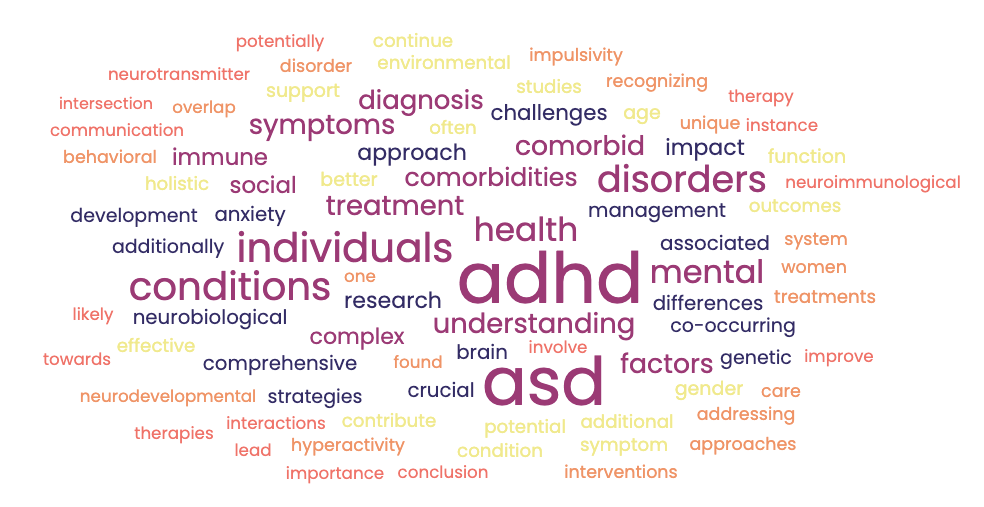How often have you heard that listening to music can help you learn better? There have been reports that listening to background music can increase productivity, improve learning, increase concentration and more. Extensive research has been done in this area and there have been mixed results on the impact of music on learning. One interesting relationship that has been examined is the one between the dimension of personality that deals with introversion and extroversion and how that may change the impact of music on learning. The basic question we are asking here is: Do introverts and extroverts respond differently on cognitive tasks when background music is presented? Let’s find out!
Though it is very difficult to find a straightforward answer about the effects of music on learning, many studies have demonstrated the beneficial effects of listening to background music. Evidence has shown that reading comprehension (1), IQ (2), visual search task (3), and foreign vocabulary learning (4-5) are positively affected by background music. However, other studies have also shown some unfavorable effects on reading comprehension (6), verbal and visual memory (7-8), and recall of numbers (9).
When researchers looked at the effects of learning and remembering foreign vocabulary words (a form of verbal learning), the authors reported that there are more advantages in playing music in the background than not (4). Those participants who were exposed to the background music during the learning protocol were able to better recall the foreign language words a week later when compared to those who were not exposed to the music. In this study the findings suggested that there may be individual differences that mediate the relationship between background music and learning. This led scientists to ask if these difference could be the result of personality, particularly looking at the difference between how an extrovert and an introvert may respond differently to the learning tasks.
So, let’s look quickly at the essential differences between introverts and extroverts. When studying the theory of personality, we learn that extroverts require a lot more external stimulation in order to preserve optimal alertness or arousal as compared to those individuals who are introverts. Introverts on the other hand tend to naturally be at a much higher level of alertness than extroverts and increasing external stimulation can ultimately impair performance for introverts. Also, introverts are at risk of depleting energy if exposed to external stimulation.
Based on the different characteristics between introverts and extroverts, theories have suggested that exposing an introvert to music during a cognitive protocol could negatively impact learning. The opposite would be true for extroverts as these individuals need a lot more external simulation in order to preserve optimal alertness; therefore, music is thought to lead to better learning. Studies by Küssner et al. looked at these theories and found no evidence to support the idea that those introverts performed worse on verbal learning trials when background music was being played. However, they concluded that potentially other personality dimension could be playing a role in the relationship between music and verbal learning.
So, what does all of this mean? Although these studies cannot clearly say whether or not playing background music while trying to learn verbal material has any positive impact on learning, it is safe to say that learning is contextual and it is depends on the type of task, as well as individual differences. Further research is needed in this area to address the impact of personality on learning when listening to music.
What we do know is that music makes us feel good. In fact it triggers the secretion of dopamine in the brain, which is linked with pleasurable stimuli, including sex, snorting cocaine, as well as simply listening to your favorite song. So, if you enjoy listening to music while you do work, then forget what the studies say and simply do what you love and what makes you happy!
REFERENCES
1. Kiger, D. M. (1989). Effects of Music Information Load on a Reading Comprehension Task. Perceptual and Motor Skills, 69(2), 531-534.
2. Cockerton, T., Moore, S., & Norman, D. (1997). Cognitive Test Performance and Background Music. Perceptual and Motor Skills, 85(3f), 1435-1438.
3. Crust, L., Clough, P. J., & Robertson, C. (2004). Influence Of Music and Distraction on Visual Search Performance of Participants with High and Low Affect Intensity 1. Perceptual and motor skills, 98(3), 888-896.
4. De Groot, A. (2006). Effects of Stimulus Characteristics and Background Music on Foreign Language Vocabulary Learning and Forgetting. Language Learning, 56(3), 463-506.
5. Kang, H. J., & Williamson, V. J. (2014). Background Music can aid Second Language Learning. Psychology of Music, 42(5), 728-747.
6. Thompson, W. F., Schellenberg, E. G., & Letnic, A. K. (2012). Fast and Loud Background Music Disrupts Reading Comprehension. Psychology of Music, 40(6), 700-708.
7. Woo, E. W., & Kanachi, M. (2005). The Effects of Music Type and Volume on Short-Term Memory. Tohoku Psychologica Folia, 64, 68-76.
8. Furnham, A., & Bradley, A. (1997). Music While you Work: The Differential Distraction of Background Music on the Cognitive Test Performance of Introverts and Extraverts. Applied Cognitive Psychology, 11(5), 445-455.
9. Alley, T. R., & Greene, M. E. (2008). The Relative and Perceived Impact of Irrelevant Speech, Vocal Music and Non-Vocal Music on Working Memory. Current Psychology, 27(4), 277-289.








